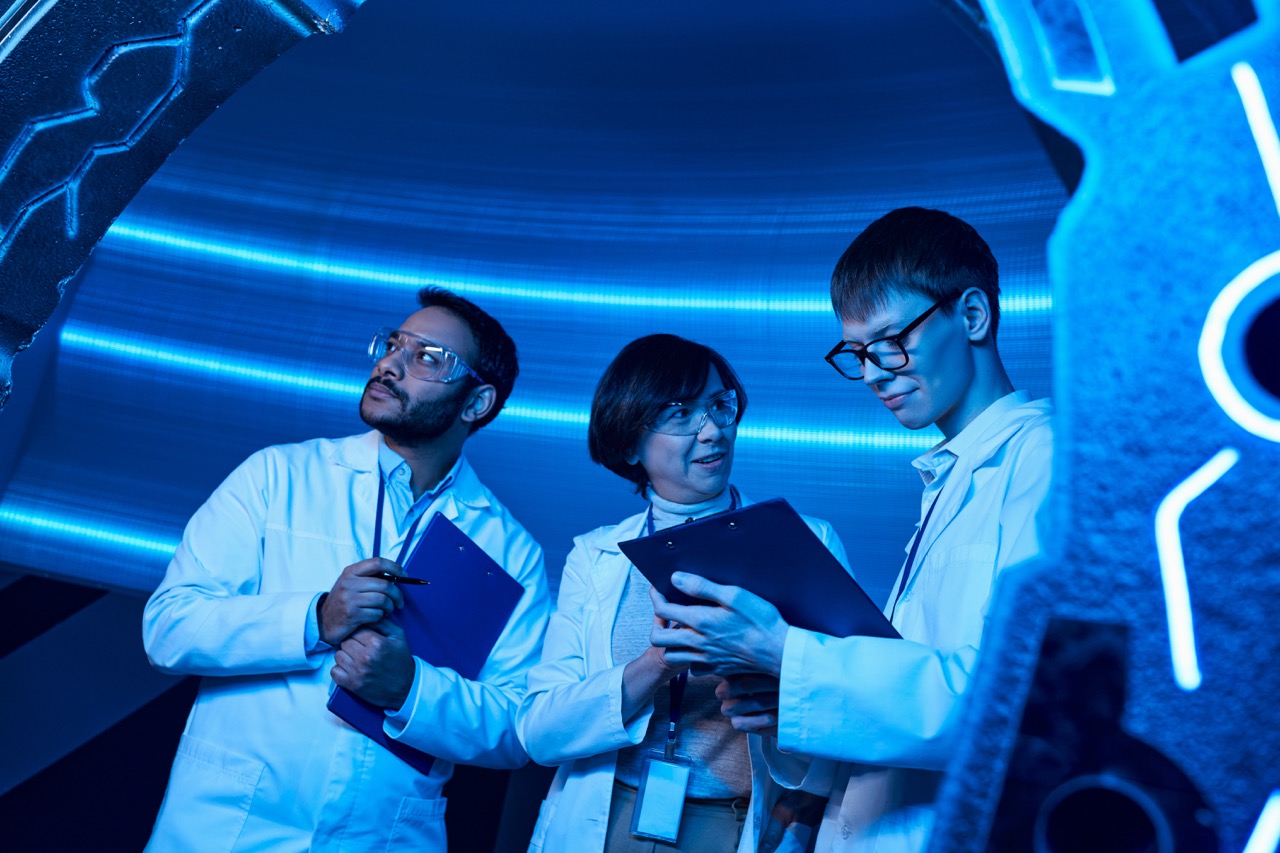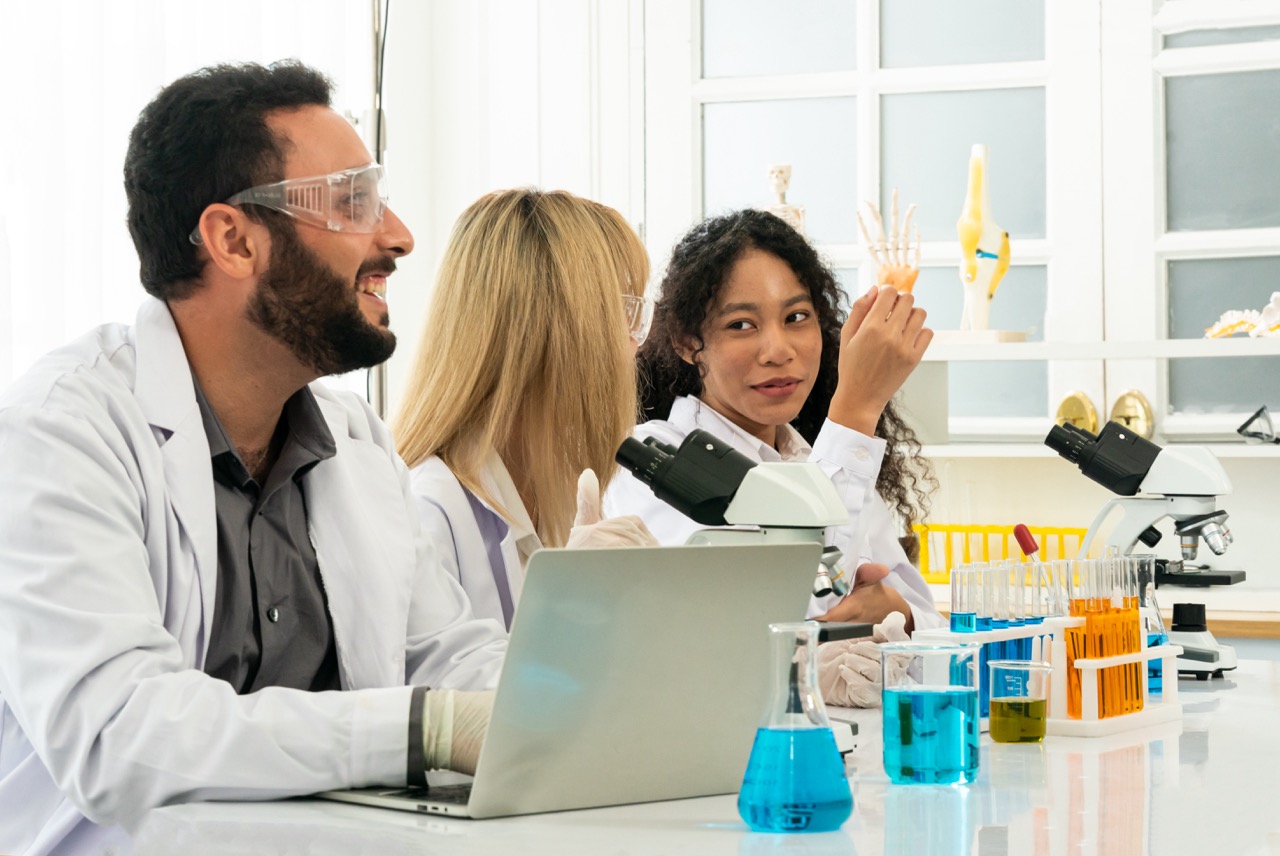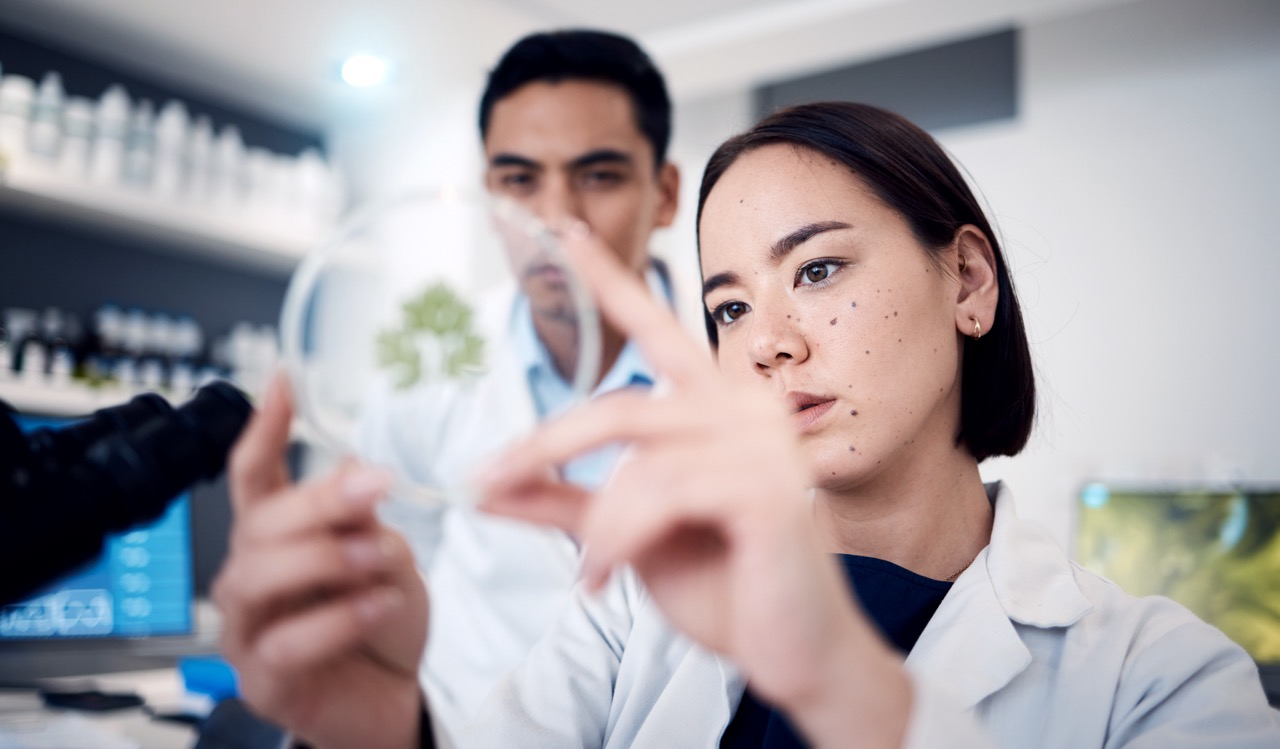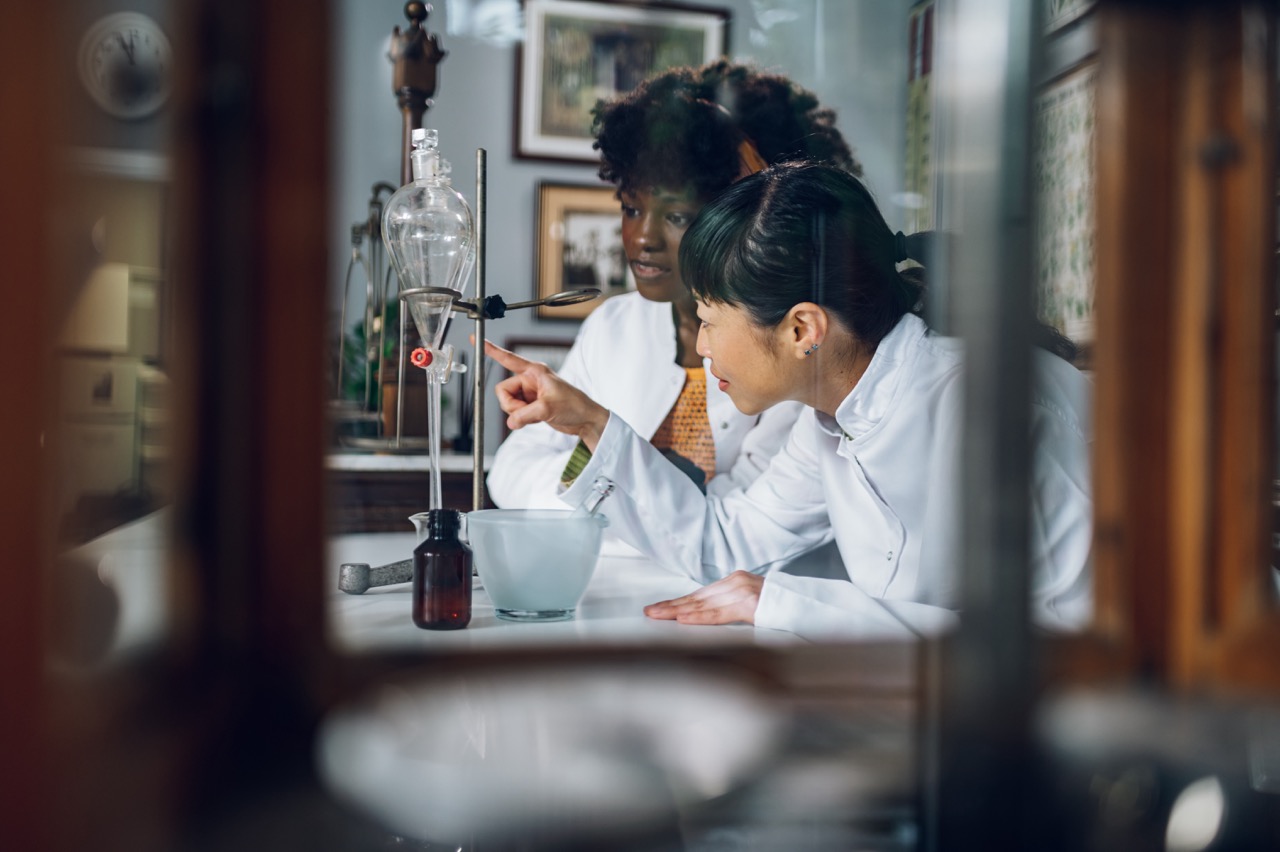Benjamin List, a distinguished researcher in the realm of organic chemistry, has made significant strides in advancing sustainable chemistry through his innovative methodologies and practices. His laboratory’s pioneering work in asymmetric organocatalysis has not only broadened the horizons of chemical synthesis but also aligned closely with the principles of sustainability. This article explores the key contributions of Benjamin List’s lab, focusing on innovative techniques, sustainable practices, and future directions in green chemistry.
Overview of Benjamin List’s Pioneering Research Contributions
Benjamin List’s research has fundamentally transformed the landscape of organic chemistry, particularly through the development and application of organocatalysis. By introducing organocatalysts—small organic molecules that facilitate chemical reactions—List has provided the scientific community with a powerful tool that enhances reaction efficiency while minimizing environmental impact. His groundbreaking work earned him the Nobel Prize in Chemistry in 2021, alongside other notable researchers, highlighting the significance of his contributions to the field.
In his lab, List has focused on understanding the mechanisms behind asymmetric catalysis, a process that allows for the selective formation of one enantiomer over another in chemical reactions. This advancement is particularly vital as it enables chemists to produce chiral molecules, which are essential in the pharmaceutical industry. The ability to control chirality with precision is a game changer, significantly reducing the need for harsh conditions and toxic catalysts commonly used in traditional methods.
Furthermore, List’s research emphasizes collaborative efforts in sustainable chemistry. By actively engaging with interdisciplinary teams and fostering an environment of innovation, he has been able to create a platform that not only encourages creativity but also prioritizes ecological considerations. This collaborative spirit is essential for addressing the pressing challenges in chemical synthesis and ensuring that future developments align with sustainable practices.
Key Innovations in Asymmetric Organocatalysis Techniques
The innovation of asymmetric organocatalysis techniques is one of the hallmark achievements of Benjamin List’s laboratory. His pioneering work introduced a variety of new organocatalysts that are effective, environmentally benign, and more accessible than traditional metal-based catalysts. For instance, List’s development of proline-catalyzed reactions has opened new avenues for synthesizing complex molecules with high enantioselectivity, providing a more sustainable alternative to metal-catalyzed processes.
Notably, List’s lab has explored the use of bifunctional organocatalysts that can facilitate multiple steps in a reaction sequence, reducing the need for additional reagents and minimizing waste. This innovative approach not only increases the efficiency of chemical synthesis but also contributes to a more sustainable methodology by streamlining processes and reducing the overall carbon footprint associated with chemical reactions.
Moreover, the techniques developed by List’s laboratory are adaptable to a wide range of substrates and functional groups, allowing for the synthesis of diverse chemical products. This versatility means that industries can minimize their reliance on hazardous materials and toxic solvents, further promoting sustainability in chemical manufacturing. The advancements in asymmetric organocatalysis emerging from List’s lab are setting new standards for eco-friendly practices in the field.
Sustainable Practices and Their Impact on Chemical Synthesis
Sustainability is a core principle driving the research and innovations emanating from Benjamin List’s lab. The adoption of organocatalysis is an exemplary model of how chemistry can embrace greener methods. By utilizing small organic molecules as catalysts, List has demonstrated that it is possible to conduct chemical reactions under milder conditions without sacrificing efficiency or selectivity. This approach significantly reduces energy consumption and the generation of hazardous waste, making chemical synthesis more environmentally responsible.
Furthermore, List’s laboratory emphasizes the importance of using renewable and biodegradable materials in chemical processes. By exploring alternative reaction pathways that integrate sustainable resources, his team is actively contributing to the global shift toward greener chemistry. The incorporation of bio-based feedstocks not only reduces the reliance on fossil fuels but also supports the development of circular economy models in chemical production.
The impact of these sustainable practices extends beyond the laboratory setting. Industries adopting these innovations report lower operational costs and improved safety profiles, reinforcing the economic viability of green chemistry. As regulatory frameworks increasingly favor environmentally friendly practices, the work from List’s laboratory equips both academic and industrial chemists with the necessary tools to navigate this evolving landscape successfully.
Future Directions in Green Chemistry from List’s Laboratory
Looking ahead, Benjamin List’s laboratory is poised to continue its leadership role in the development of sustainable chemistry innovations. One of the primary focuses will be on the further optimization of organocatalysts to enhance their performance and accessibility. By exploring new classes of organocatalysts and reaction conditions, List aims to expand the repertoire of reactions that can be conducted sustainably, thereby advancing the field of green chemistry.
In addition to refining existing methodologies, List’s team is committed to integrating machine learning and artificial intelligence into the design of catalysts and reaction pathways. These technologies can accelerate the discovery of new catalytic systems and help predict reaction outcomes, potentially revolutionizing the way chemists approach problem-solving in sustainable synthesis. This integration may lead to the development of smart catalysts that adapt to specific conditions, further enhancing efficiency and sustainability.
Lastly, Benjamin List’s lab is actively engaging in outreach and collaboration with industry partners to translate their research findings into practical applications. By bridging the gap between academia and industry, List aims to ensure that sustainable practices are not only theoretical concepts but are implemented in real-world chemical manufacturing processes. The ongoing commitment to innovation and sustainability from List’s laboratory promises to shape the future of green chemistry for years to come.
In conclusion, Benjamin List’s contributions to sustainable chemistry, particularly through his pioneering work in asymmetric organocatalysis, underscore the potential for chemistry to adopt greener practices without compromising efficiency. His laboratory’s innovations, focused on environmentally benign methodologies and sustainable practices, are setting new standards in the field. As we look toward the future, the ongoing research and development from List’s lab will undoubtedly play a crucial role in advancing the principles of green chemistry, making a lasting impact on both academia and industry.










